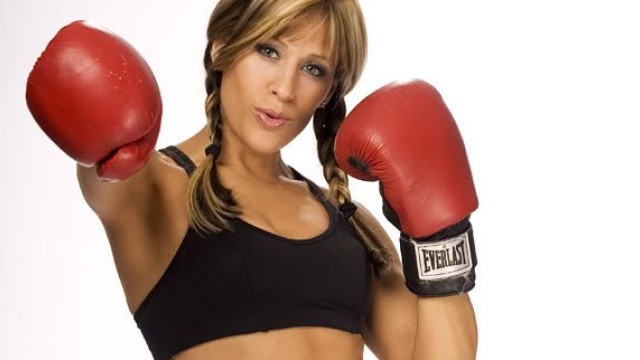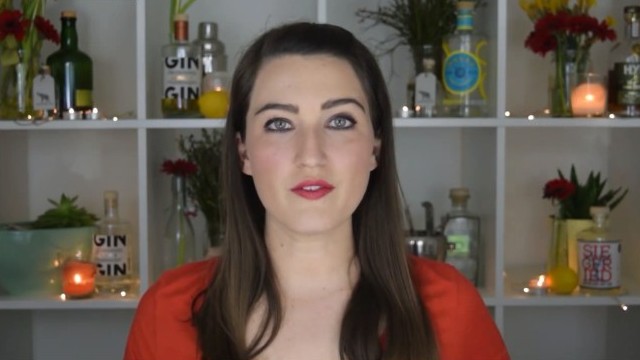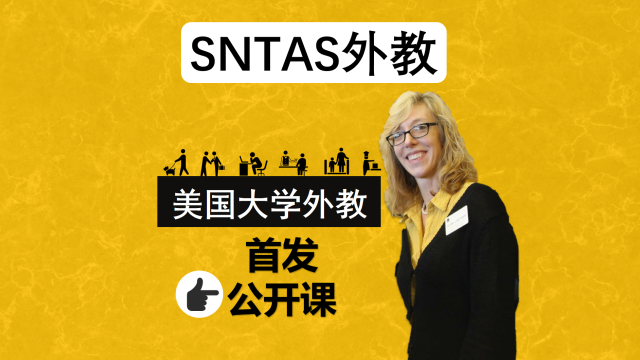在很大程度上,世界上许多国家说的英语都和美式英语一样。是的这样没错,但是在口语、拼写和口音上,确实会有和美国不同的地方,甚至在美国的不同地区都是有区别的。所以,要做到能让美国人完全理解你,可不是那么简单的事情哟。
part1 Learning American English
1、Learn English.
American English is, for the most part, just the same as any other English. Apart from some phrases, colloquialisms, dialects, and spellings, most of the language is the same as the English spoken in Britain, Australia, Canada, and elsewhere around the globe. There are a few significant local differences, which leads some people to say that these groups are "separated by a common language." But in reality, most of the words and phrases are the same. If you know English and understand non-American English speakers, too, for the most part, you will do fine in America.
学英语。美国英语在很大程度上和其他英语一样。除了部分短语、俗语、方言和拼写外,大部分的都与英国、澳大利亚、加拿大和世界其他地方说的英语一样。一些明显的地方差异,导致有人说这些群体“被一种共同语言分开”。但实际上,大部分单词和短语都是一样的。如果你懂英语,也能理解除美国人以外的讲英语的人,基本上,你在美国就会做得很好。
2、Listen for accents, dialects, and slang.
American English is spoken differently in each region of the U.S. Listen closely to pick up local phrases and colloquialisms, especially in social settings. You will begin to notice the difference when you travel from one region to another.
听口音、方言和俚语。美式英语在每个地区说起来都不一样。仔细去听,轻松学会当地的短语和口语,尤其是在社交情景下。当你从一个地区旅行到另一个地区时,你就会开始注意到区别。
For some articles on regional accents and expressions, check out How to Imitate a Texan Accent, How to Speak With a Bostonian Accent, How to Speak With a Convincing New Jersey Accent, How to Talk Like a New Yorker, How to Fake a Chicago Accent, and How to Talk Like a Southern Gentleman.
一些关于地域口音和表达的文章,查看《如何模仿德州口音》《如何用波士顿口音交谈》《如何说出地道的新泽西口音》《像纽约人一样说话》《怎样装出芝加哥口音》以及《如何像南方绅士一样说话》。
3、Know some American English phrases.
You'll learn as you go, but here is a short list of American English, just to get you acquainted.
了解一些美式英语短语。你去了就能学到,但这里有一份关于美式英语的小清单,只为了让你熟悉一下。
① "Awesome" and "cool" are used to describe something great or positive or popular, more so than in other countries, and both words can be used as a positive reaction to something someone tells you, too.
① “Awesome”和“cool”用来形容一些很好的、积极的或流行的东西,在美国比其他国家的都要用得多,而且这两个词也可以用来作为对别人告诉你某件事的积极反应。
② "What's up?" or "Sup" for short. This phrase is used to ask someone what they're doing, how they are, and as a general greeting. It is not socially acceptable in formal occasions, but it's fine to use casually with friends. It's most often used by young men.
② “What's up?”或简称“Sup”,这个短语用来询问别人正在做什么,他们怎样,以及作为一般的问候。虽然在正式场合下,这样说是不被社会所接受的,但在朋友之间是可以随意使用的。年轻人最常使用它。
③ "Hanging out" is spending time somewhere or with someone. It can be used in describing or arranging one particular event ("Do you want to hang out?") or more generally to describe a habit ("I hang out at the mall a lot"). It's a phrase often used by teenagers to describe how they pass time and socialize, often without one particular activity or aim. It can also be used to describe time spent around the house or doing nothing in particular ("What are you up to?" / "Not much; just hanging out”).
③ “Hanging out”是指在某个地方或与某人在一起打发时间。它可以用来描述或安排特定活动(“你想出去玩吗?”),或者更常用来描述一个习惯(“我经常在购物中心闲逛”)。这是青少年经常使用的一个短语,用来描述他们如何消遣时间和社交,通常没有特定的活动或目的。它也可以用来描述花时间在家附近瞎转悠,或没做什么做特别的事(“你在做什么?”/“没啥,只是闲逛”)。
④ "Y'all" is a contraction of "You all", the second person plural mode of directly addressing a group of people. It is used primarily in the Southern States but is acceptable in other regions.
④ “Y'all”是“You all”的缩写,第二人称,直接称呼一群人的复数形式。它主要用于南部各州,但在其他地区也是接受这种说法的。
4、Know what English words won't be understood.
If you've studied British English in the past, realize that not all of the words and phrases will be identical in the US. If you use British English words, phrases, or spellings in these situations, you might not be understood. Learn the American versions instead:
知道哪些英语单词是不能理解的。如果你过去学过英式英语,要意识到,在美国这些单词和短语并非都是一样的。如果你在以下情况下使用英式英语单词、短语或拼写,别人可能无法理解(✨也许因为用错的次数多了哈哈,在很多情况下英美人都能互相理解啦,但是同学们还是可以注意一下两国之间的区别哟!✨)。学习一下它们的美国版本:
• Restroom/bathroom instead of Toilet/Lavatory
• Elevator instead of Lift
• Trunk instead of Boot
• Freeway instead of motorway
• Sweater instead of jumper
• Pants for trousers, not underwear
• Vest for waistcoat (the underwear version is often just called an undershirt instead)
• Sneakers instead of Trainers
• Diaper instead of nappy
• Bathing suit instead of swimming costume
• Vacation instead of holiday (holidays tend to mean national bank holidays only)
• French fries instead of chips
• Chips instead of crisps
• Gasoline instead of Petrol
• Truck instead of Lorry
• Flashlight instead of Torch
• Color instead of colour
• Favorite instead of Favourite
• Popsicle instead of Ice Lolly
• Tire instead of Tyre
• Napkins should only be used to wipe your face at dinnertime
声明:本双语文章的中文翻译系沪江英语原创内容,转载请注明出处。中文翻译仅代表译者个人观点,仅供参考。如有不妥之处,欢迎指正。











